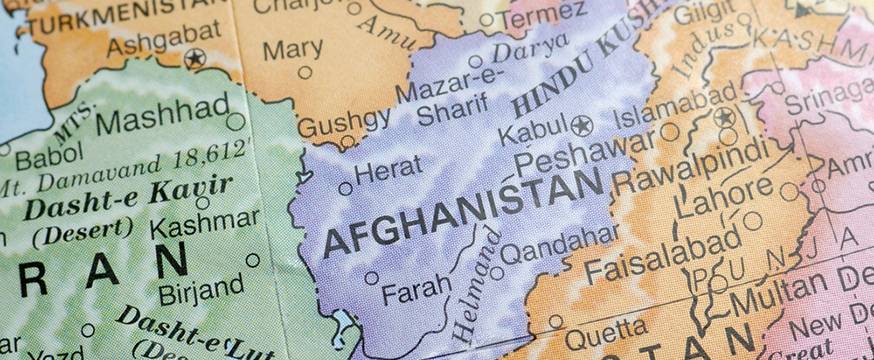
Educational assessment in Afghanistan
Research 25 Jun 2014 3 minute readACER’s assessment work in Afghanistan is informing policy makers and practitioners about the quality of students’ learning outcomes. Maurice Walker reports.
ACER’s work in monitoring educational development in the early and middle years of schooling in Afghanistan aims to inform policy makers about educational progress and help target resources. The project contributes to ACER’s broader educational monitoring work at the national and international level to track progress in the provision and quality of schooling, and identify trends in improved practice in education – and ultimately improved student outcomes – over time.
The National Learning Assessment is being designed specifically to cater for the specific situation in Afghanistan, recognising that both universal primary education and educational infrastructure are works in progress.
ACER is working with the Afghanistan Ministry of Education to develop an assessment framework that will provide relevant, sound and comparable data and indicators of essential life skills in mathematics, reading and writing:
- at the early primary school level (Grade 3);
- towards the end of primary schooling (Grade 6);
- towards the end of compulsory secondary schooling (Grade 9); and
- through measures of growth between Grades 3, 6 and 9.
The first phase of the project, focused on Grade 6 students, aims to develop assessment materials and subsequent reports to provide information about the strengths and weaknesses of students in these formative years. The assessments are structured to allow the identification of improvements that can be implemented to enhance learning programs, and so that resulting changes in student achievement can be measured in the next cycle of assessment.
In order to implement the test development and reporting program in a manageable way, ACER is introducing assessments gradually, beginning with Grade 6 students in 2013, Grade 3 in 2015 and Grade 9 in 2016.
By assessing ‘staggered’ assessment samples from one cohort at a time, staff from Afghanistan’s Ministry of Education will be able to undertake analysis and reporting in a way that builds capacity, enables planning for subsequent assessment cycles and will provide powerful trend-related information as data from two cohorts at different grade levels become available relatively rapidly.
With field trials completed in mid-2013, ACER established operational procedures, trained the assessment team, and established the infrastructure required for the successful completion of the main survey.
With data collected for the main survey in November and December 2013 from randomly selected schools, including those in provincial and rural areas, the next step is to train markers in terms of coding students’ open-ended responses to items.